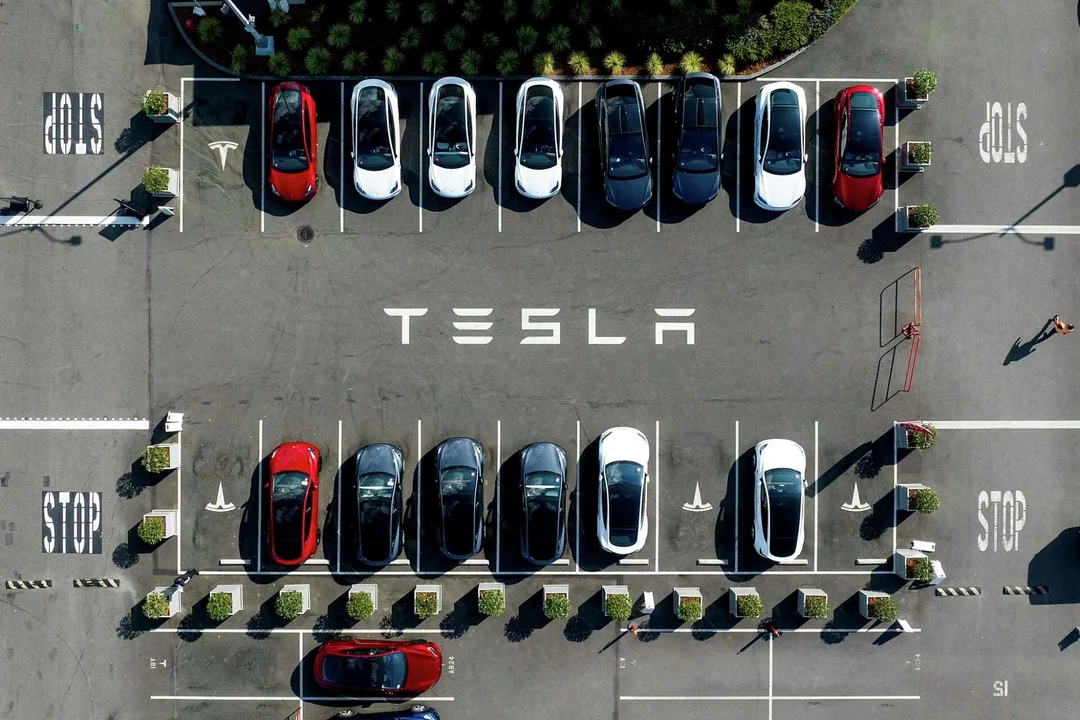
Electric Vehicles and Pollution: A Complex Relationship
In a recent analysis by the San Francisco Chronicle, the relationship between electric vehicles (EVs) and pollution has been scrutinized, revealing a more complex picture than many might expect. While EVs are widely celebrated for their role in reducing greenhouse gas emissions, the Chronicle's investigation into California's EV market suggests that the environmental benefits may not be as straightforward as they appear.
The report highlights that although EVs do not emit tailpipe pollutants, the electricity used to power these vehicles often comes from fossil fuel-based power plants, which contribute to air pollution. In California, where the power grid is increasingly reliant on renewable energy sources, the environmental impact of EVs is improving. However, the article points out that in regions where coal and natural gas still dominate energy production, the benefits of EVs in reducing pollution are significantly diminished.
Furthermore, the production of EVs, particularly the batteries, involves processes that are energy-intensive and can lead to significant emissions. The Chronicle notes that as EV adoption grows, managing the lifecycle emissions of these vehicles becomes crucial for achieving the desired environmental outcomes.
This nuanced view on EVs and pollution underscores the importance of a holistic approach to environmental policy. As California continues to lead in EV adoption, the state must also focus on enhancing its renewable energy infrastructure to maximize the ecological benefits of electric transportation.